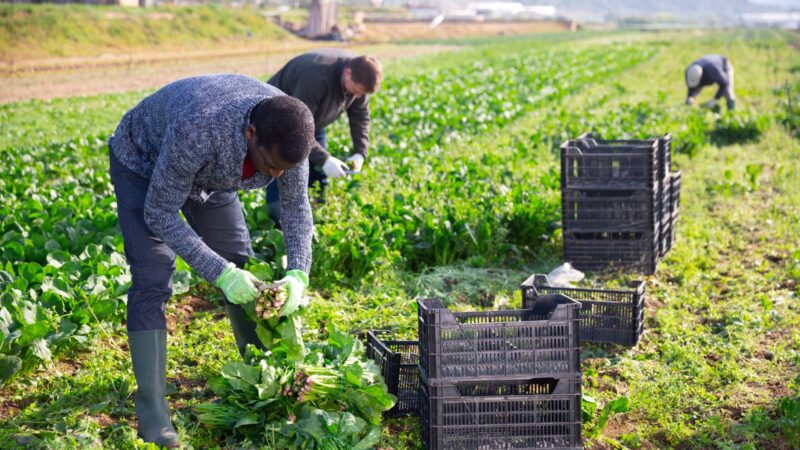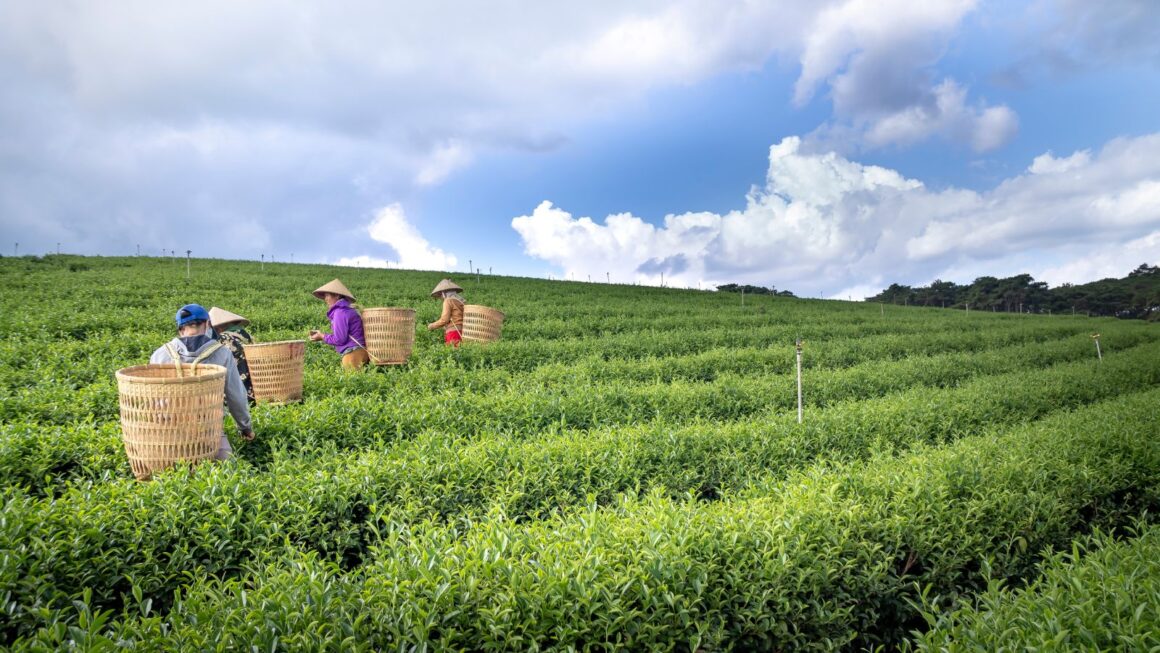Agriculture often follows nature’s calendar, with busy seasons of planting, harvesting, and packing. During these peak times, farms and agribusinesses need extra hands to manage the workload efficiently. Hiring seasonal agricultural workers can be a game-changer, but it comes with its own set of challenges. From finding reliable labor to ensuring compliance with labor laws, the process requires planning and foresight.
If you’re preparing for the upcoming season, here are some practical tips to help you hire seasonal agricultural workers successfully.
1. Start Planning Early
Seasonal demand in agriculture is predictable harvests don’t wait. That means competition for labor can be intense. The earlier you begin your hiring process, the better your chances of securing skilled workers. Post job ads months before peak season, reach out to returning workers, and create a timeline that allows you to screen and train candidates without rushing.
2. Leverage Multiple Recruitment Channels
Relying on one hiring method to hire seasonal agricultural workers limits your reach. Instead, use a mix of channels such as:
- Local job boards and classifieds
- Community centers and farmer associations
- Recruitment agencies specializing in agricultural labor
- Social media groups dedicated to farm jobs
Many farms also build partnerships with local schools, universities, or migrant worker programs to create a steady pipeline of seasonal employees.
3. Offer Clear Job Descriptions
Ambiguity in job roles often leads to mismatched expectations. Be upfront about:
- The type of work (harvesting, sorting, packing, field prep, etc.)
- Physical requirements (lifting, outdoor work, long hours)
- Duration of the job (specific start and end dates)
- Compensation details (wages, overtime, bonuses, housing or food benefits)
A transparent job description helps you attract workers who are genuinely prepared and willing to do the work.
4. Focus on Returning Workers

If you’ve had dependable seasonal employees in the past, reach out to them first. Retaining returning workers saves time and money, since they already understand the farm’s operations and expectations. Building good relationships with seasonal staff through fair wages, respectful communication, and consistent scheduling increases the likelihood that they’ll come back year after year.
5. Consider Incentives and Perks
Seasonal agricultural work can be demanding. Offering small but meaningful perks can make your farm stand out. For example:
- Free or subsidized housing
- Transportation assistance
- Performance bonuses
- Meals during long shifts
Even non-financial incentives, such as flexible schedules or recognition of workers’ efforts, can improve job satisfaction and encourage loyalty.
6. Ensure Legal Compliance
Hiring agricultural workers, especially migrant or foreign labor, comes with specific regulations. Make sure you comply with local labor laws, visa requirements, and worker protection standards. Maintaining proper contracts, ensuring fair pay, and providing safe working conditions not only keep you compliant but also build trust and credibility among your workers.
7. Provide Training and Orientation
Even experienced farmhands need orientation to understand your processes, equipment, and safety protocols. A short training session at the beginning of the season can boost productivity and reduce accidents. Make safety a priority, especially when handling machinery or working in challenging outdoor conditions.
8. Build a Reputation as a Fair Employer
Word of mouth is powerful in agricultural communities. Farms known for treating workers fairly, paying on time, and providing good working conditions rarely struggle to find labor. On the other hand, poor reputations spread quickly. Focus on building long-term trust, and you’ll find recruitment much easier season after season.
Final Thoughts
Hiring seasonal agricultural workers is more than just filling temporary positions—it’s about building relationships, creating trust, and ensuring smooth operations during the busiest times of the year. By planning ahead, offering fair compensation, complying with regulations, and treating workers with respect, you can create a reliable seasonal workforce that supports your farm’s growth year after year.



